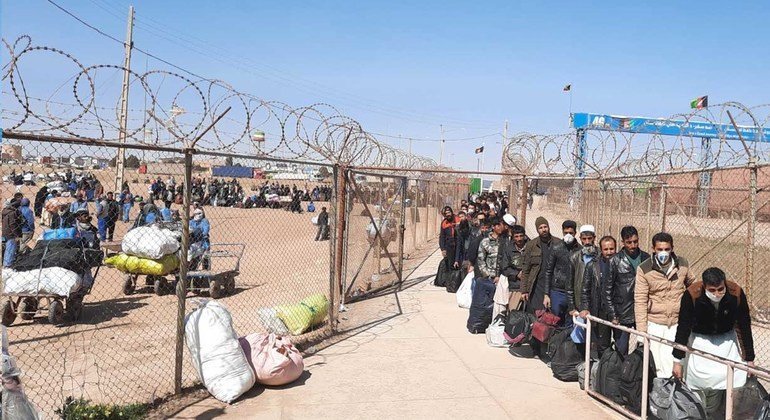Kenya's recent decision to grant visa-free entry to all visitors marks a significant shift in travel policies, echoing a broader trend across Africa. This move comes in the wake of similar actions by other nations like Malawi, signaling a growing openness to facilitating international travel.
However, while this development may seem like a step towards increased accessibility, its impact on African travelers remains uncertain. For Kenyans and Africans alike, the question arises: will this policy truly enhance travel opportunities?
Critics argue that restrictive
visa requirements perpetuate inequalities and hinder mobility, likening them to
a modern form of apartheid. The hope is that Kenya's bold move will inspire
other nations to follow suit, potentially dismantling barriers and fostering
greater integration across the continent.
Yet, the realization of such a vision hinges on broader regional cooperation and policy alignment. While Kenya's initiative is commendable, achieving genuine accessibility requires concerted efforts from multiple stakeholders.
Only through collective action can Africa overcome the
hurdles that impede free movement and fully harness the potential of its
diverse cultural and economic exchanges.










.jpg)